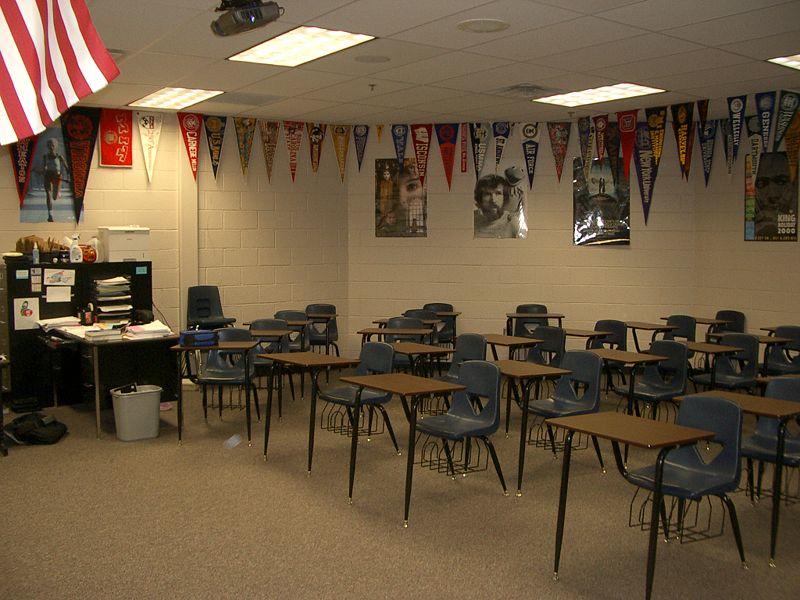
Section Branding
Header Content
State Seeks Education Waiver
Primary Content

State School Superintendent John Barge is formally asking the federal government Tuesday to excuse Georgia from a law that has increasingly branded the state’s schools as failing.
Last year more than a third of Georgia’s schools failed to reach benchmarks set by the federal No Child Left Behind law. Those federal targets are determined primarily by standardized test scores and graduation rates. Barge wants permission to use a new grading scale that would broaden the criteria:
"We’re looking at graduation rates, we’re looking at attendance rates, we’re looking at readiness for post-secondary," Barge says. "For example, students who are earning industry recognized credentials while still in high school; students who are passing advanced placement tests and earning college credits while still in high school – all of those are indicators that give schools points toward an overall score."
The proposed index will also consider how quickly a school is improving and its success at closing the achievement gap between white and minority students.
Barge told reporters that the new system is designed to be more fair than one based mostly on test scores. But he also warned that many schools will have to work to meet the new criteria.
"What we’re focusing on is college AND career readiness," Barge says. Some schools that send many students to four-year colleges will need to increase their career readiness efforts. Conversely, Barge says, "we’ve got some schools like our career academies that are doing really strongly in the career readiness part but the college part is lacking. So we’re looking at the whole picture."
State officials have been developing the new index for a year. It’s part of Barge’s wider push for education standards that prepare students for the workforce and put less emphasis on single tests.
Right now, schools that fail to meet No Child Left Behind's "adequate yearly progress" benchmark trigger sanctions that could eventually lead to the school being restructured. Barge says that Georgia's proposal would redesign the interventions in struggling schools to provide more targeted aid to help the schools improve.
The plan would also eliminate the so-called "transfer option," under which students in schools deemed in need of improvement can transfer to a school in good standing. Less than 5 percent of Georgia students ever took advantage of that provision, school officials say.
Twelve other states have so far requested relief from No Child Left Behind’s rules. Georgia is the third state, behind Tennessee and Kentucky, to propose its own accountability system to replace the federal model.
Tags: Georgia, education, Johnny Isakson, State School Superintendent John Barge, No Child Lert Behind, waiver, federal education
